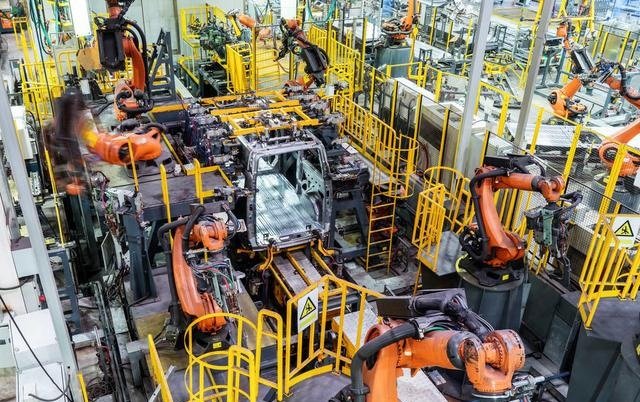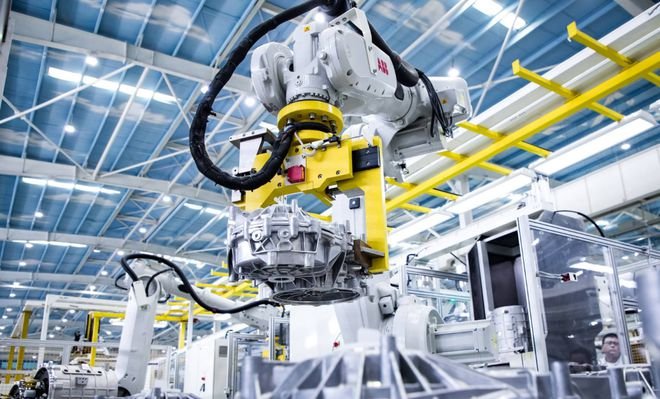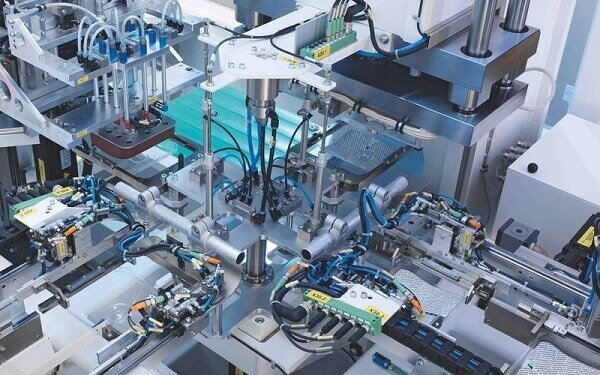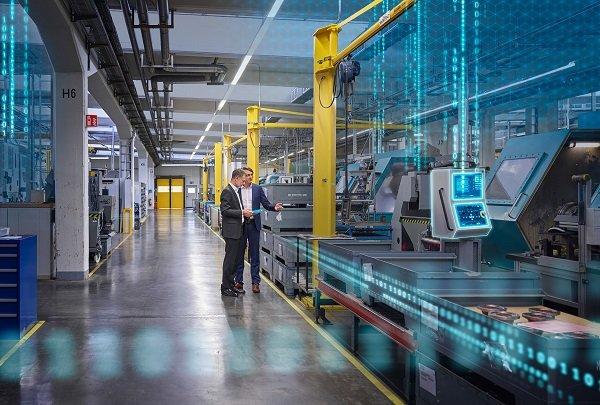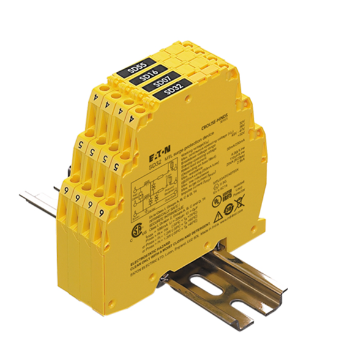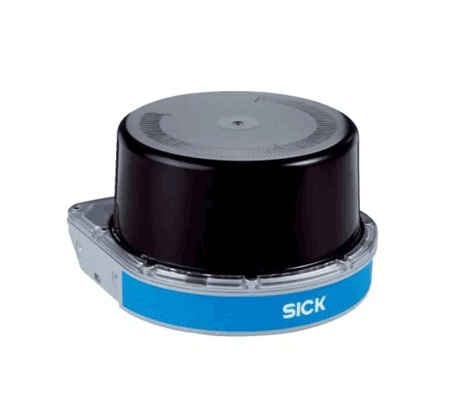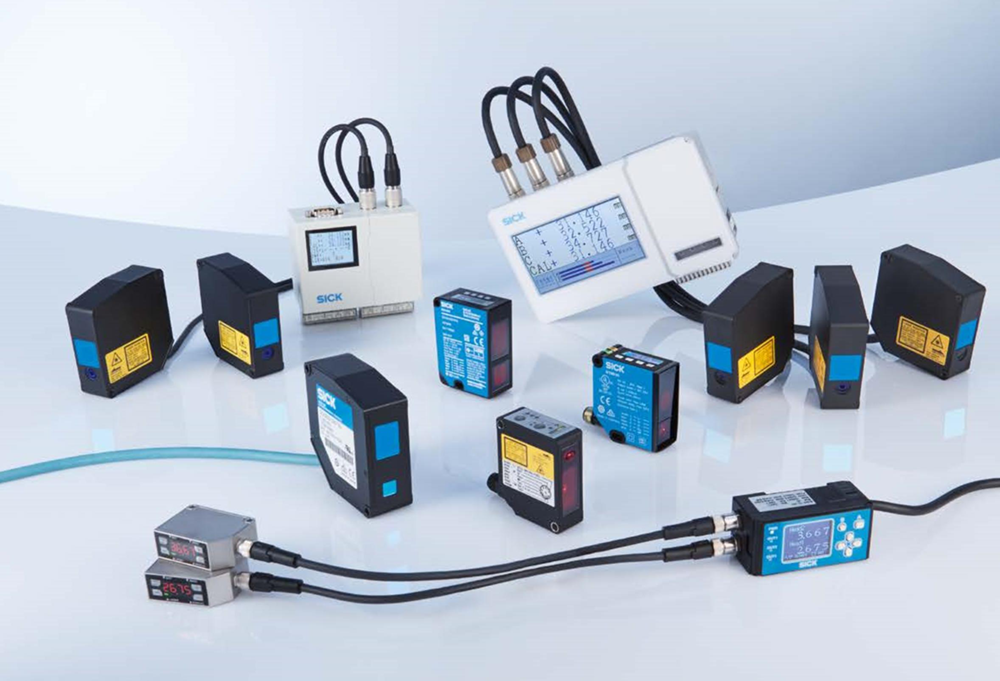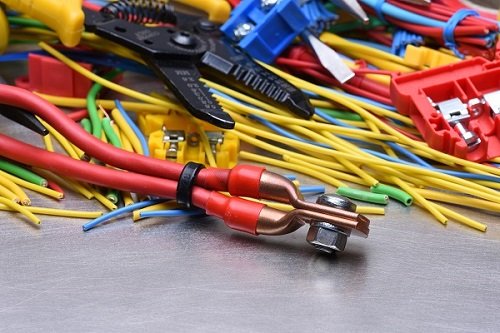The Modern Advantages of Industrial pH Sensors: Unlocking Precision and Efficiency in Industrial Applications
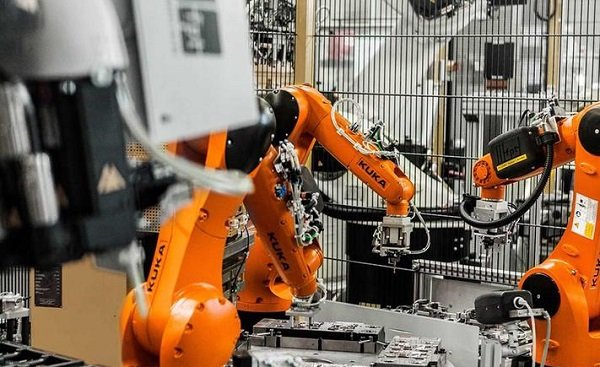
Introduction: The Power of Precision
In the fast-paced world of industrial processes, the need for accurate, reliable, and efficient measurement tools has never been more critical. Among these tools, the industrial pH sensor stands out as a cornerstone for maintaining quality, safety, and operational efficiency across various sectors, including water treatment, food and beverage production, pharmaceutical manufacturing, and chemical processing. As industries continue to grow and evolve, industrial pH sensors have become indispensable in ensuring precise pH measurements for optimal performance and product quality.
In this article, we will delve into the modern advantages of industrial pH sensors, highlighting their transformative role in the industry, exploring their benefits, and examining the cutting-edge innovations that make these sensors a vital asset to today’s industrial landscape.
What is an Industrial pH Sensor?
Before exploring the advantages, it’s essential to define what an industrial pH sensor is. A pH sensor is a device used to measure the acidity or alkalinity of a solution. In industrial applications, these sensors are designed to provide real-time monitoring of pH levels in various liquids and solutions, ensuring that the pH is maintained within the required parameters for safe and efficient operations.
Industrial pH sensors are critical tools in industries where pH control is vital for process quality, product consistency, and environmental compliance. These sensors offer unparalleled accuracy and reliability in high-demand environments where even slight changes in pH can have significant consequences.
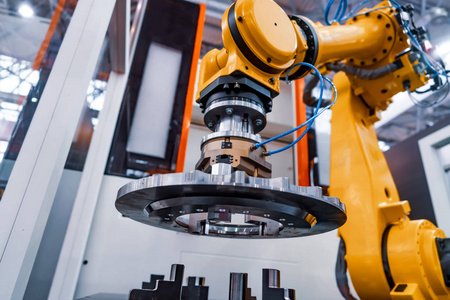
Key Advantages of Industrial pH Sensors
Unmatched Accuracy and Precision
One of the defining features of industrial pH sensors is their remarkable accuracy. Precision is critical in many industrial processes, where even minor deviations in pH can lead to poor product quality, increased waste, and potential safety hazards. Whether it’s in wastewater treatment, food production, or chemical processing, the ability to measure pH levels with pinpoint accuracy helps businesses maintain the highest standards of operation.
The industrial pH sensor is engineered to deliver consistent and reliable measurements, even under challenging conditions. With modern sensors, industries can continuously monitor pH in real-time, reducing human error and ensuring immediate action can be taken if the pH deviates from its optimal range.
Durability and Reliability in Harsh Environments
Industrial environments are often harsh and demanding, with factors like high temperatures, high pressures, and exposure to corrosive chemicals. The industrial pH sensor is designed to withstand such extreme conditions, offering unmatched durability and long-lasting performance. These sensors are built with specialized materials such as glass, ceramic, or Teflon, which allow them to perform reliably in environments where traditional sensors might fail.
With improved designs and construction, modern industrial pH sensors can last for years, reducing the need for frequent replacements and saving costs in the long run. This makes them an essential tool for businesses looking to minimize downtime and maintenance costs while maximizing operational efficiency.
Cost-Effectiveness and Time Savings
The long lifespan and durability of industrial pH sensors translate directly into cost savings for businesses. With reduced maintenance needs, fewer replacements, and the ability to operate efficiently over long periods, companies can save significantly on operational costs. Moreover, the real-time pH monitoring capabilities enable quick interventions that prevent costly mistakes, ensuring that operations run smoothly and reducing waste.
In many industries, pH is a critical parameter for process control. Having an industrial pH sensor integrated into the system allows for quick adjustments, minimizing the time spent correcting problems caused by incorrect pH levels. This leads to optimized production times, which ultimately enhances the bottom line.
Ease of Integration with Automated Systems
The demand for automation in industrial processes has been steadily increasing. Automation systems allow for more streamlined operations, higher productivity, and greater efficiency. Industrial pH sensors are designed to integrate seamlessly with automated control systems, enabling continuous monitoring and automatic pH adjustments without manual intervention.
By linking industrial pH sensors with automation, companies can achieve precise control over their processes and reduce the chances of human error. The integration of these sensors ensures that the pH remains within optimal ranges at all times, leading to better product consistency and fewer defects. Furthermore, automated systems can trigger corrective actions or alarms if the pH value goes out of specification, ensuring that the process stays on track and any issues are addressed promptly.
Environmental Compliance and Sustainability
In today’s world, businesses are under increasing pressure to comply with stringent environmental regulations and promote sustainability. Many industries, such as water treatment and pharmaceuticals, are required to maintain specific pH levels to meet environmental standards. The industrial pH sensor plays a crucial role in ensuring that pH levels are consistently monitored and adjusted, helping companies comply with regulations and avoid costly fines.
In addition, by ensuring proper pH control, industries can reduce waste and prevent harmful chemical discharges. For example, in wastewater treatment plants, maintaining the right pH is crucial for effective treatment, helping to protect water resources and minimize the environmental impact of industrial activities.
Real-Time Monitoring and Data Logging
One of the modern advantages of industrial pH sensors is the ability to provide real-time data logging. These sensors are equipped with advanced data logging systems that can track pH readings over time. The data can be analyzed to identify trends, detect issues early, and optimize the process for greater efficiency.
Real-time monitoring also allows operators to take immediate corrective actions when necessary, preventing issues before they escalate into larger problems. This is particularly beneficial in industries like food production or pharmaceuticals, where maintaining consistent pH levels is crucial for product quality and safety.
Conclusion: The Future of Industrial pH Sensors
As industries continue to evolve and face new challenges, the role of industrial pH sensors will only become more important. With their advanced technology, increased accuracy, durability, and ability to integrate seamlessly with automated systems, industrial pH sensors have become indispensable tools for businesses across the globe. The modern advantages of these sensors not only enhance operational efficiency but also ensure product consistency, environmental compliance, and cost savings.
In the coming years, the demand for industrial pH sensors will likely grow as industries look for innovative ways to optimize their processes and improve their sustainability practices. With constant improvements in sensor technology and data analytics, businesses will have access to even more powerful tools for maintaining optimal pH levels, further advancing the role of these sensors in modern industrial applications.
By embracing the advantages of industrial pH sensors, companies can future-proof their operations, ensuring they remain competitive and compliant in an ever-evolving industrial landscape.
Model:PST010AG12S

